|
By DPC Facilitators Megan Rowlatt & Mel Geltch, Campfire Coop 2020 was an Australian summer like no other. Record breaking temperatures, extreme drought, and the worst bushfire season we’ve experienced. As the fires raged, people evacuated, and we could no longer assure the safety of our 16 participants for the 9 day residential DPC training planned on the NSW South Coast. Several of us were suddenly fighting the fires, defending homes and surrounding forests or looking after our communities, others forced out of their homes, and all of us feeling the impact of unprecedented ecological loss and loss of human life. Yet, it seemed the training still wanted to happen. We relocated to Canberra (Australia’s capital) last minute, found a venue and someone willing to cater. Accommodation was generously offered by the Art of Hosting community we have connections with, and conditions eased just enough for people to be able to leave their families in trying times, travel safely through previously blocked roads, and make their way into a city choking with smoke. The days brought much learning, reflection and practice, and some seismic shifts in our relationships with conflict. Conflict was alive for the 16 of us, in ourselves about the state of the world, the work we are doing (and not doing), and our relationships. It was alive in our communities as we began to grapple with the aftermath of the fires and how we might respond to future disasters. Day eight brought that conflict close again, with a vicious hail storm that obliterated our cars in the parking lot - leaving many of us without transport going forward. We’d moved from fire to ice. Yet it was our connections with each other, the training and the work that needed to be done that kept us present and focused. When the right space is created, conflict presents us with an opportunity to shift and grow, and to work together to move forward in new ways. Thank you Colin and Jaap, and Tineke, for being in the uncertainty and learning with us, the training was incredible and well worth the journey. By DPC Founder Colin Craig - on the January 2020 DPC Training in Canberra, Australia
In the late autumn of last year, Jaap and I received an amazing invitation from Mel Gletch and David Newel of the Campfire Co-operative in Australia to run a 3 module DPC training for them and their other partners. It was to be based on the Australian South Coast at a beautiful location called Mystery Bay. Well it turned out not to be so simple. As we were about to arrive, the catastrophic fires in New South Wales shut out the Mystery Bay option. It was clear that the training would have to be postponed or cancelled. However, incredibly through the Mel’s determination, within a week she managed to move the whole training over to Canberra. This was no ordinary group. Some members of the group had been fighting the fires, some had lost property, others were working with communities to try and mitigate the increasing impact of this devastation. The air quality in Canberra was described as “hazardous” and during our Module 3 programme over 7 cars belonging to the group were wrecked by a devastating golf-ball sized hailstorm that pounded Canberra with virtually no warning. Ironically, given these circumstances, the core motivation for the Campfire Co-operative to the call forward the training had been to draw on the DPC methodology to strengthen their work especially around community resilience and the growing impact of climate change. Little had they known that this intension would interface with reality in such an upfront and personal way for all of us. This request also resonated deeply within my professional past. Indeed, it carried an echo down into the roots of how and why I developed the DPC methodology in the first place. Way back in 1993, I was introduced to the work of Brian Swimme and Thomas Berry and their book, “The Universe Story”. It told me of my true origins and that all of life on this planet had emerged though an awe-inspiring cosmological and [much later on] ecological process. Every living thing alive today is the product of over 4.5 billion years of evolution. We are not separate agents existing somehow outside of both the natural world and the cosmos. We are simply and amazingly an emergent species within the Universe’s unfolding story. The implication of this for my work had a profound effect on me. I became concerned that our peacebuilding frameworks carried within them a major flaw. They were and are still essentially focussed on our human-human fractures and failures. There was little, if any, attention given to the question of the fractures and failures of our human-Earth relationships. It was this relationship that was and is the primordial relationship. It seemed clear to me that there could be no sustainable peace between humans if we continued to use and abuse the very thing that brought us into existence, in the first place..the Earth. Across these intervening years, when I and others raised this concern, there was the occasional and reluctant acknowledgement, that the emergent dangers that were becoming ever more apparent with what we called climate change would almost certainly only create a future increasingly fuelled by fear and conflict. However, that future seemed to be just that….in the future. As a problem it seemed too big, too vast; too far away from our lived realities; it was too threatening and seemed utterly irrelevant to the challenge of resolving our deeply ingrained sectarian divisions in Northern Ireland. Consequently, I quietly buried my fear and focussed on working on the very real and tangible violence and divisions of the Northern Ireland conflict. There was no interest [let alone energy or resources] to bring this added complication into the equation. All such concerns were consigned to become perhaps another discussion for another time. Well, that time is, whether we like it or not, now with us. We know that when the resources we need to survive become scarce [or even perceived to be scarce], fear and the rise self-interest are often never far away. As the stresses build, the potential validation for violence also increases. We have a deep biological and cultural instinct to protect those we view as part of our in-group and where necessary exclude [by all means necessary] all those who we view as in the out-group. We will often grab any convenient label to help determine this be it political, religious, ethnic, race, gender, sexuality etc. This is the engine of the scapegoating and rivalry mechanism described through the FEARS model. Ensuring we have an enemy and a target to focus on means we do not have to deal with our own internal difficulties or inconsistencies. The more manifest and threatening a situation is or is perceived to be, the simpler the range of choices eventually become. Do we live for another day or do we die today? Most of us understandably choose to try and live. Robert Sapolsky in his book Behave offers something of a hard awakening to the nature of our evolutionary make-up; he describes “the opposite of love as not being hate but indifference.” We are the root cause of this emergent ecological crisis. We are in an over-stretch of our own making. If we stay indifferent to our relationship with the Earth, we will deny our children and our children’s children an ecologically sustainable future. Evolution is a hard task master. Life either adapts to the reality it finds itself in or it doesn’t. The simple, if somewhat harsh, fact is that the non-adaptive capacity of a species has a name; “Extinction”. Throughout our 8 days of learning together we both reflected and found a welcome confirmation that the learning and tools they gained through the DPC methodology had strengthened their individual personal and collective capacity to begin to meet the challenges they are facing in the current and disastrous Australian context. They are an amazing group of individuals who have stepped forward to face into this reality. Perhaps, as they hope, they will become a new DPC hub. That is for another time. They are in their “now’! I carry nothing but admiration for them all. By DPC Associate Trainer Linda Skogsby:
“Our focus in Sweden has been to educate young adults between 19-29 years old, who in their daily life meet our main target group - young people in destructive environments or at risk of getting there. Our courses have had mixed groups, from football coaches to an imam. All of them important players in young people's lives. Between 2nd and 9th of November 2019, we held a training in Malmö, led by associate trainers Linda Skogsby and Sigrun Sigurdsson, as well as Colin Craig and Sarah Dolah, who brought the methodology to Sweden after her training. Many of the 16 participants live and work in urban and often tough environments. We went out to the countryside to focus, change perspective and reach out of our comfort zones, in order to really get the full 5-day training experience. It became clear what a massive process the participants go through during these days. Our participants live in the reality of bombs on the streets, armed violence, and drugs. Therefore, their process becomes larger, longer and more intensive, and at the same time, these are the individuals that really need the skills that DPC provides. Our participants were hand-picked because we know they can make a difference for other young people and for themselves. They already have many skills, but DPC is very complementary. If what we teach in DPC could be useful to them in any way, in their professions or in their everyday lives with young people, we have made a big difference.” Fryshuset, a Swedish-based organisation promoting empowerment and inclusion of at-risk youth, has been working with DPC since 2018 and is a hub for the methodology in Sweden. So far, 90 people have been trained in the method, from Fryshuset employees to external partners and, most importantly, young people. Recently, DPC Founder Colin Craig and DPC Trainer Jim Hyde attended the Fryshuset Conflict Management Conference. |
AuthorReflection articles from various DPC coaches, trainers and facilitators on past trainings and DPC applications. Want to add yours? Please get in touch Archives
November 2022
Categories |
Ready to PRACTICE? |
Have a Question? |
Proudly powered by Weebly
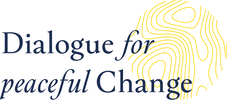
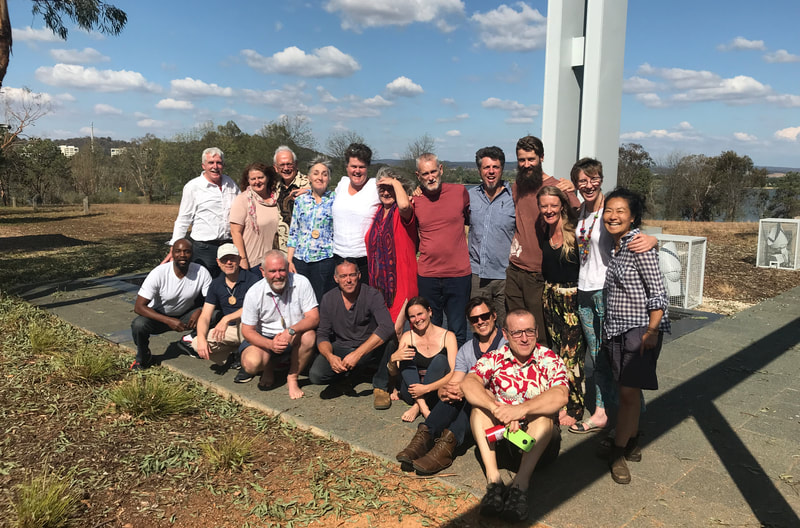
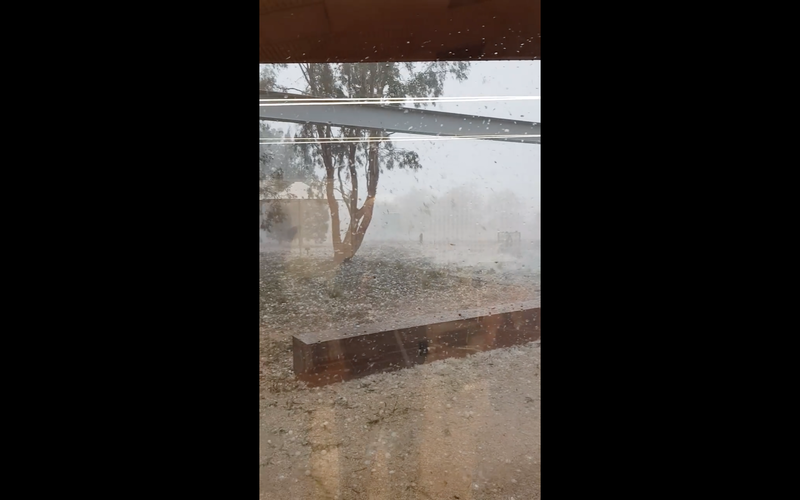
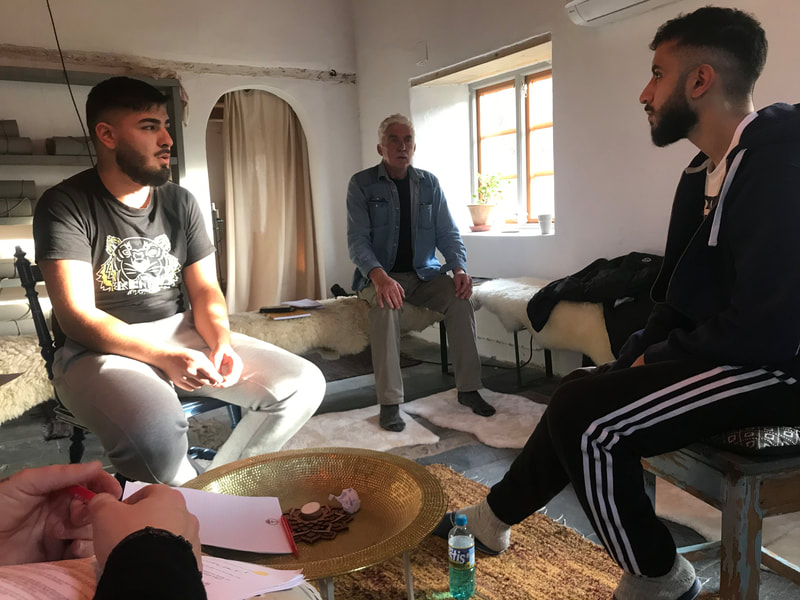
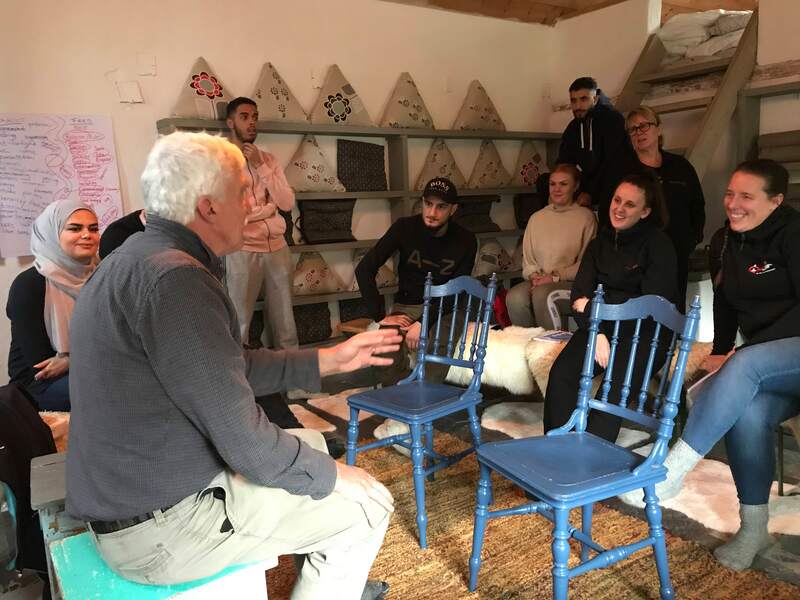
 RSS Feed
RSS Feed